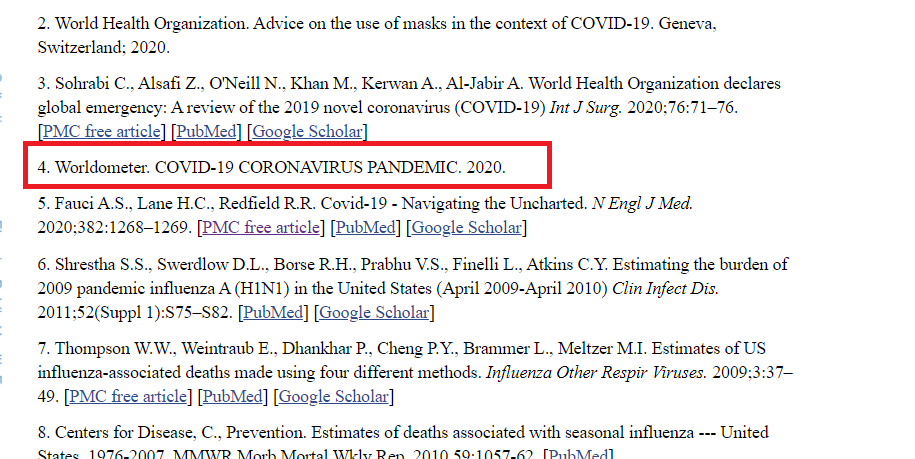
This is an absolutely terrifying article
"there is a shortage of everything — oxygen, drugs, beds, vaccines, even cremation space"
hindustantimes.com/opinion/indias…
"there is a shortage of everything — oxygen, drugs, beds, vaccines, even cremation space"
hindustantimes.com/opinion/indias…
Many places in India had very large initial epidemics, and it has been proposed that some cities (i.e. Mumbai) might have been at or near herd immunity towards the end of last year
The new massive waves even in areas with many infections before raise several possibilities, none of them great
1. reinfections
2. variants
3. large over-ascertainment of past infection
1. reinfections
2. variants
3. large over-ascertainment of past infection
Reinfections without variants are quite unlikely to be driving this, based on past evidence. So either we dramatically over-estimated how many people had been infected in the past (possible, not that likely) or there are numerous reinfections due to variants
Unless there's another explanation? I really don't see how else you could get a second massive wave in a place that reportedly had 40-60% of the population infected in pretty well-done serology studies last year
If explanation 3 is true, then it means that even in really hard-hit areas we are probably far away from any herd immunity threshold long-term
If explanation 2 is true, then herd immunity through natural infection may be entirely impossible 😬
If explanation 2 is true, then herd immunity through natural infection may be entirely impossible 😬
In terms of explanation 3, I think it is entirely possible but I have talked to the researchers who conducted seroprevalence studies in India and they are some of the better ones I've seen in the developing world
There are still many sources of bias, and it's entirely possible that they over-estimate seroprevalence, but I'm not sure it is the most likely explanation any more
• • •
Missing some Tweet in this thread? You can try to
force a refresh









